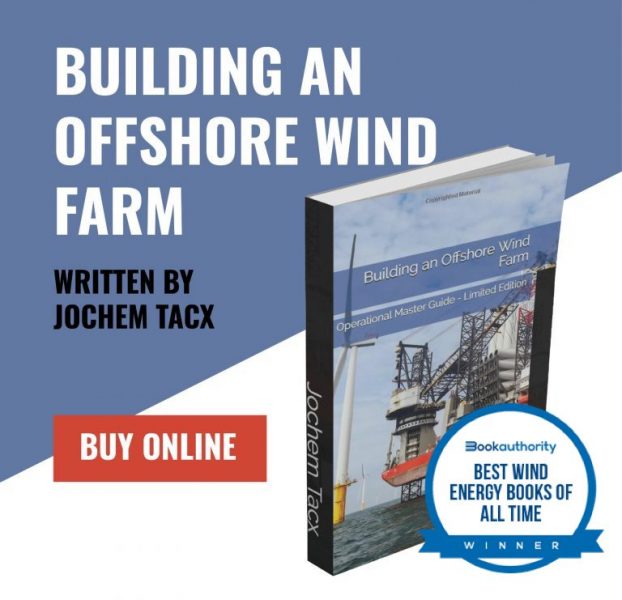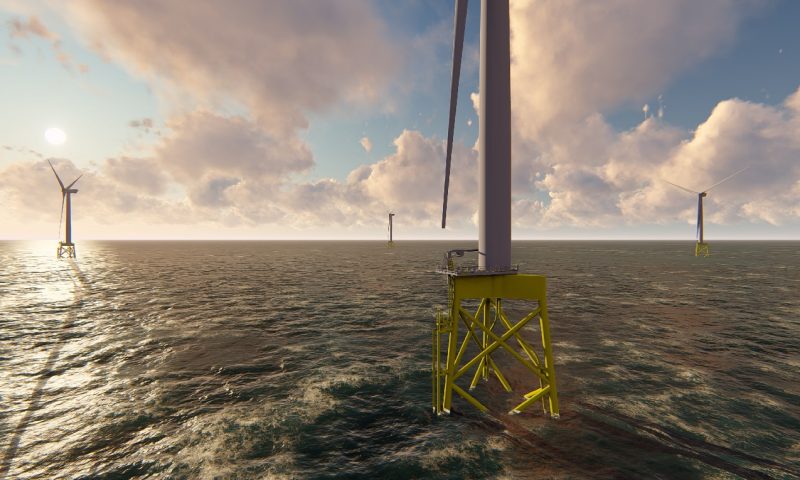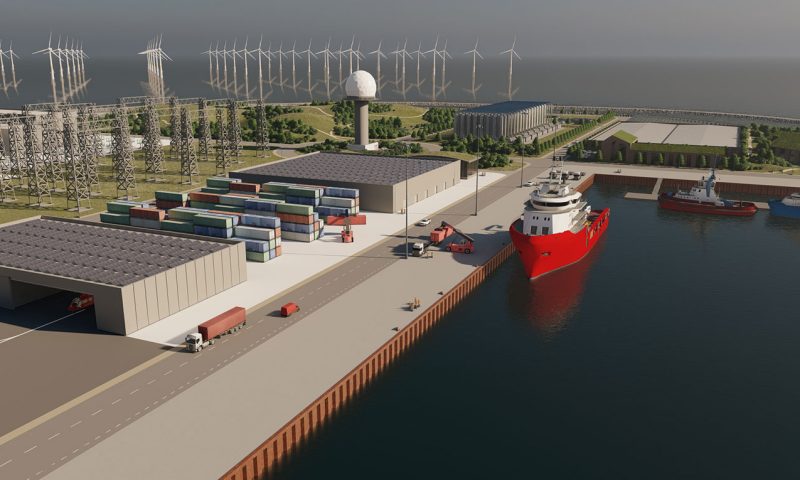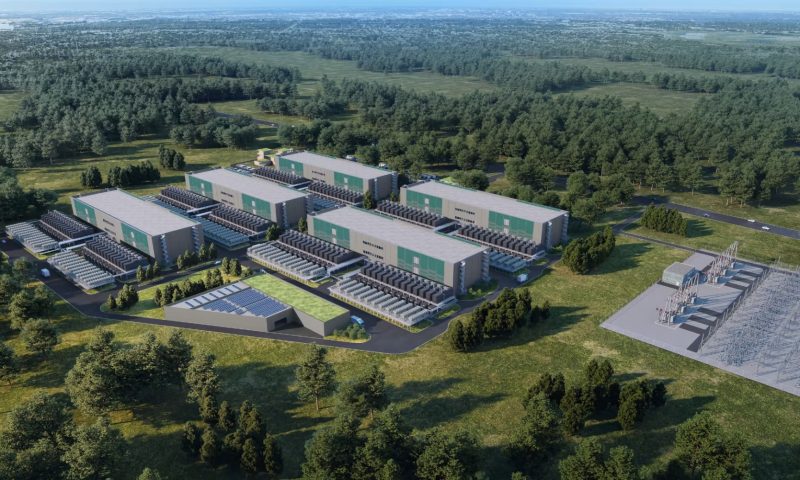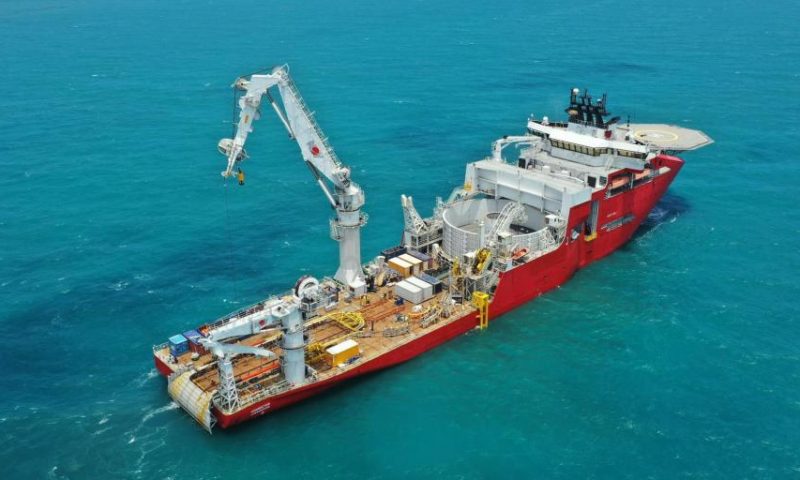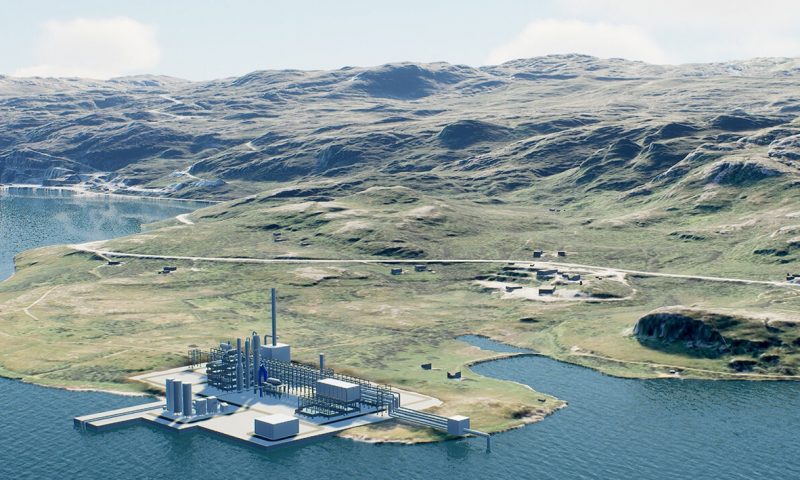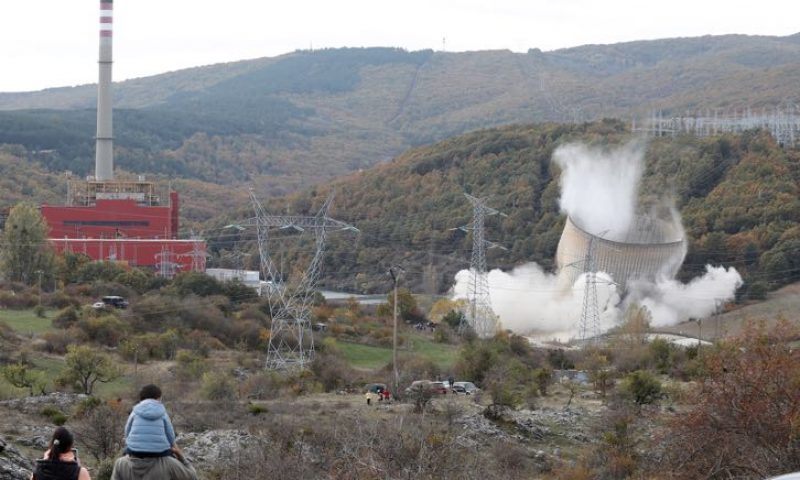
EUDP funds push the Greensand project closer to reality
Carbon capture and storage (CCS) is part of the solution to Denmark’s climate goals. To support the development of CO2 storage in the Danish North Sea, the Energy Technology Development Program (EUDP) will grant €26 million to the consortium behind the ambitious Greensand project. Ramboll is part of the consortium together with major Danish and international companies, research institutes, universities, and start-ups.
According to Danish Energy Agency, the National Geological Survey of Denmark and Greenland (GEUS) estimates that the Danish underground can potentially store 12 to 22 billion tonnes of CO2. This is between 400 and 700 times greater than Denmark’s total CO2 emissions at the current level.
One of the many suitable places for storing CO2 in Denmark is located at INEOS’ Siri area in the Danish North Sea. Here, the consortium behind the Greensand project is investigating how depleted oil and gas fields can be used for injecting CO2 underneath the seabed.
The €26 million grant from EUDP, which is a funding scheme under the Danish Energy Agency, will allow Greensand to move on to the pilot phase, where the objective is to inject half a million tonnes of CO2 into the wells at the Nini West field. The award from EUDP is based on a political decision by the Danish government to support the development of CO2 storage in the Danish North Sea.
“We are very pleased and thankful for the trust that has been shown to the entire consortium behind Project Greensand. Carbon capture storage is one of the steps needed to reach the ambitious climate goals in Denmark, and we as a consortium are very proud to be allowed to contribute to that through this project,” says Mads Gade, Country Manager for INEOS Denmark.
The CO2 captured onshore is planned to be transported by ships to the Siri oil and gas fields, where it will be injected into the Paleocene sandstone formation, about 2 kilometres below sea-level. The area is geologically stable and has retained oil and gas for approximately 20 million years which makes it a safe, permanent storage site for CO2.
During the first phase of the project, the Greensand consortium has demonstrated the viability of developing a CO2 storage. Here, Ramboll played an important role in carrying out the health and safety assessments as well as investigating any potential loss of CO2 during the injection operations.
“At Ramboll, we acknowledge carbon capture and storage to play a vital role in the energy transition, in Denmark and globally. Therefore, we are very happy to be part of the Greensand project. Our participation to this project, and to others in the future, is in line with our ambition to develop cost-effective technologies and safe processes to help ‘hard-to-abate’ sectors reduce their emissions”, says Patrick Gilly, Global Spearhead Director, at Ramboll and adds: “The EUDP fund is a door opener to the next phase, and we are very eager to continue with our share of knowledge and expertise.”
With the allocated funds from EUDP, the Greensand consortium can now plan the pilot phase, which is expected to start in Q4 2021. During the pilot phase, Ramboll’s energy and environmental experts will work together on carrying the environmental assessments and further risk analyses.

